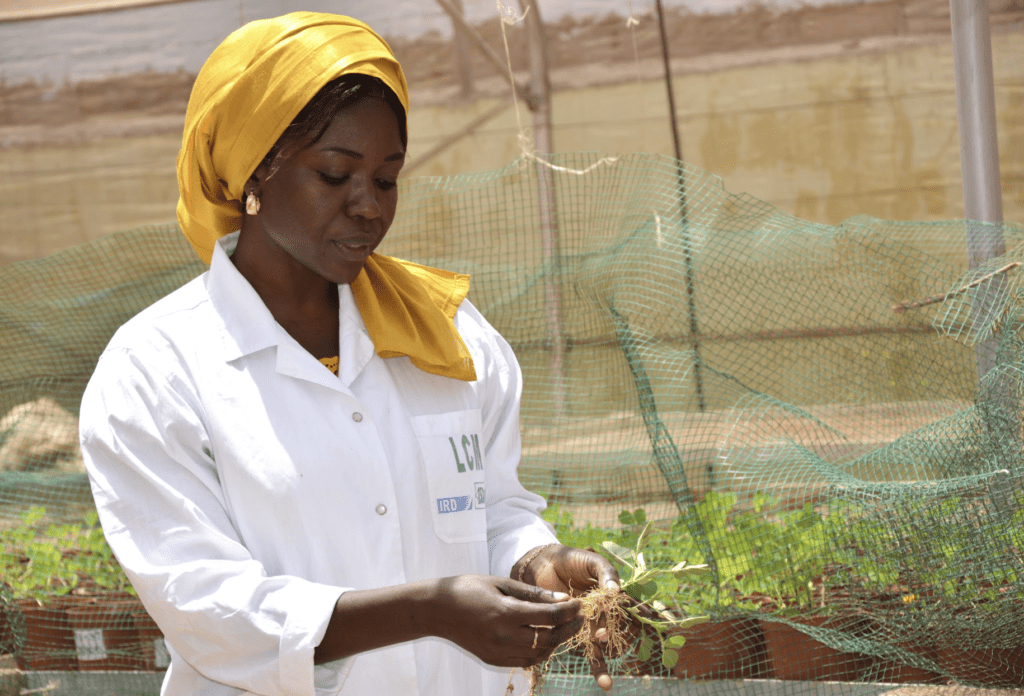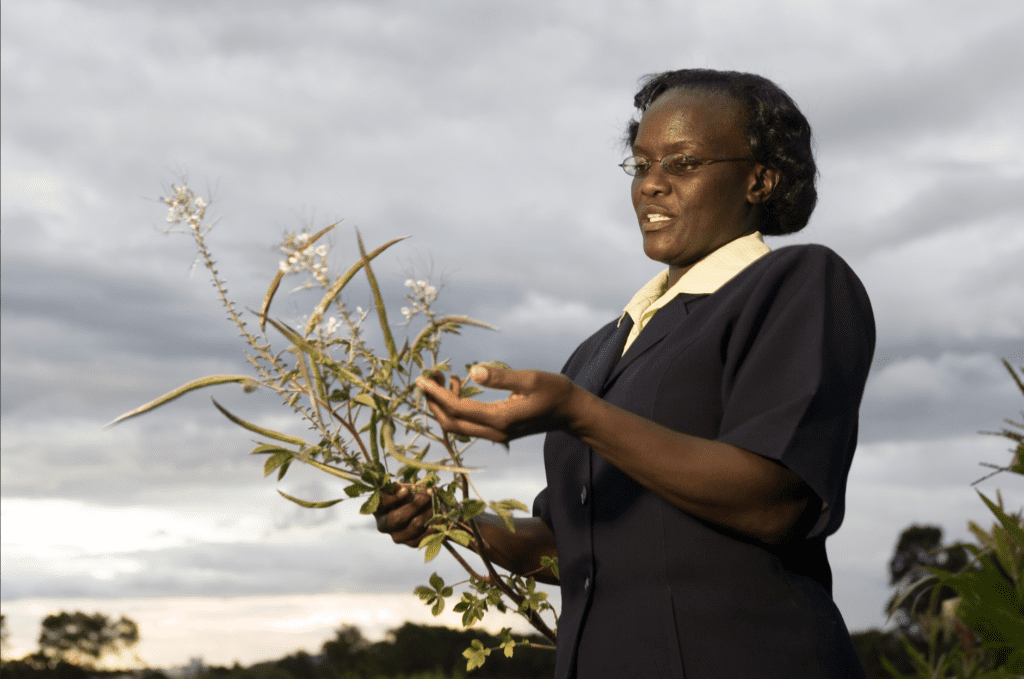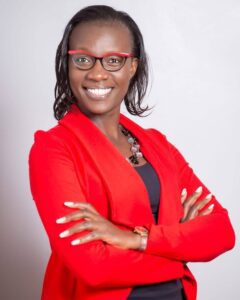OpEd: Why skills and expertise of women and girls in agricultural science and innovation, are key to Africa’s development

“African countries, research institutes and the international community must do more to invest in, and increase female participation in agricultural science and innovation,” Dorine Odongo, explains why this is key.
Much has been made of this being “Africa’s Century”, with events from the World Economic Forum and the Summit for a New Global Financial Pact to the SDG Summit exploring how Africa can realize its full potential in the coming years.
Yet despite this talk, the continent and especially its agriculture sector – one of the main drivers of economic growth – remains constrained by the pressing reality of several interconnected challenges.
High inflation rates coupled with the rising burden of debt repayments, topped off with the accelerating impact of climate change across the continent, are chief among the factors limiting Africa’s ability to accelerate sustainable development and growth for all.

What is too often overlooked in Davos, New York and elsewhere, though, is that Africa is currently under-utilising one of the key resources in surmounting these challenges: women in agricultural science and research.
Evidence indicates that women tend to spend more of their incomes on meeting the crucial needs of household health, nutrition and education – all of which will support the continent to achieve its shared development goals.
Yet, equipping women, especially rural women, to be fully economically active needs the expertise and contributions of more women and girls in agricultural research, who provide additional and unique perspectives on the gender-responsive solutions that will unlock greater progress towards equality.
African women face a range of social, cultural and institutional barriers to maximising their incomes, livelihoods and equal participation in local economies. In many cases, technologies that save time, reduce labour and drudgery, and increase earnings potential have been designed and deployed for men.
Gender responsiveness requires researchers to understand how different populations of smallholders are positioned differently across agricultural value chains, and how best to develop solutions for their context. Ensuring that women farmers and agri-food entrepreneurs have access to the right technologies and inputs that address their specific challenges can level the playing field and create more opportunities for women, their families and communities to benefit.
To deliver the necessary gender-appropriate technologies, African countries, research institutes and the international community must therefore do more to invest in and increase female participation in agricultural science and innovation, while considering the unique needs and priorities of women.
For instance, programs designed to support the career development of women should account for the fact that women typically bear a disproportionate burden of family responsibility. As such, a holistic support system must create the conditions for women’s empowerment without requiring women to choose between their family obligations and their careers.
Some interventions, such as the career development fellowships offered by African Women in Agricultural Research and Development (AWARD), pay particular attention to different dimensions of women’s empowerment. Empirical evidence indicates that the AWARD Fellowship results in highly empowered women because of the variety of its interventions, from mentoring to scientific placements, that allow individuals to fulfil their potential.

At the same time, the need for additional funding is particularly pressing because female researchers typically receive smaller research grants than their male colleagues, and make up fewer numbers in some of the cutting-edge fields of science. The gender gap worsens all the way to research output, with women less likely to appear as authors in scientific publications, ultimately hampering Africa’s – and the world’s – ability to make the best use of the talent of its peoples.
Any new global financial pact must therefore include greater support for building gender equality in agricultural sciences, which is vital for translating gender-responsive research into improved opportunities and livelihoods for Africa’s rural women.
Finally, African countries must also increase the involvement of women in decision-making processes and leadership positions.
At present, women represent a third of all researchers, yet only 12 percent of national science academy membership. The absence of women in senior positions will reverberate throughout the sector, limiting their impact and contribution in research, and in key economic industries including agribusiness.
By involving women at the heart of decision-making, apex scientific institutions can ensure that both research and interventions are developed with the unique needs and challenges of women in mind, and do not add additional burdens on already vulnerable members of society.
Ultimately, transforming Africa’s fortunes must begin with investing in women in agricultural research and development who have, to date, been held back from achieving their full potential, and from contributing to Africa’s development.
In unlocking the power of women in agricultural research, Africa can take the next step towards addressing the pressing challenges of the day, leveraging the power of women in science and rural women at the heart of agriculture to guarantee “Africa’s century” is open to all.









